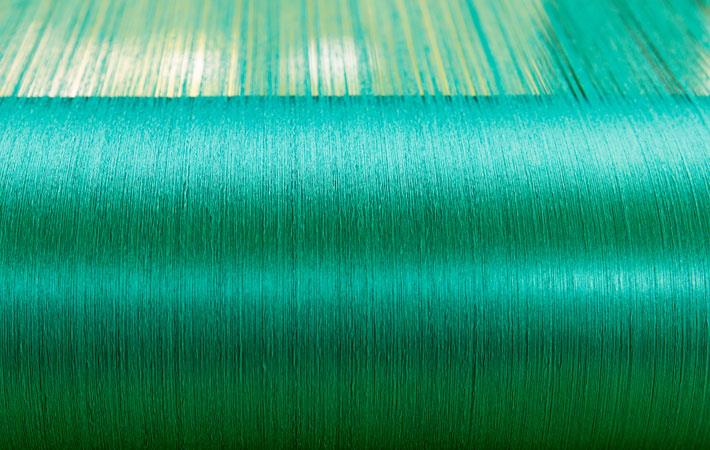The Northern India Textile Mills’ Association (NITMA) recently urged the government to raise the basic customs duty on polyester yarns from 5 per cent to 10 per cent and modify the free trade agreements (FTAs) with Vietnam and Indonesia to exclude this item from the list of items being cleared at zero duty in India or include raw materials for the yarn in this list.
These steps will help domestic textile mills get a level playing ground. Textile mills in North India are in huge trouble now due to the two FTAs, feels NITMA, which has noted an ‘astronomical’ rise in the quantity of polyester yarn imported from these two countries.The Northern India Textile Mills' Association recently urged the government to raise the basic customs duty on polyester yarns from 5 per cent to 10 per cent and modify the free trade agreements with Vietnam and Indonesia to exclude this item from the list of items being cleared at zero duty in India or include raw materials for the yarn in this list.#
“Efforts of the present government have resulted in the first ever review of the FTAs with the ASEAN countries and has given us hope that you [the government] can protect the domestic mills from this extremely unjust trade imbalance, which is also resulting in huge loss to the exchequer by giving an advantage to the importers rather than the domestic manufacturers,” NITMA president Sanjay Garg said in a statement.
The raw material for polyester yarn, polyester staple fibre (PSF), is not included in this list and, hence, cleared at full duty rate of 5 per cent.
Because of this and the fact that PSF production is controlled in India largely by Reliance Industries, which accounts for more than 50 per cent of total production, the domestic prices of PSF are calculated taking into account the landed rate of PSF from Indonesia.
Besides, Reliance Industries Ltd has successfully made the case for imposition of anti-dumping duties on the raw material of PSF, i.e., purified terephthalic acid (PTA). As Reliance itself is the largest producer of PTA in India, it benefits immensely from this and is able to pass on the effect of this anti-dumping duty in the domestic price of PTA, which in turn makes the price of PSF even higher, said NITMA.
Before the goods and services tax (GST) was implemented, there used to be some protection against the influx of imports under these FTAs as imported yarns were subject to central value-added tax (CENVAT) at 12 per cent and a special additional duty (SAD) of 4 per cent, whereas domestic yarn was exempt from CENVAT. Only PSF was subject to CENVAT. This was enough to protect against the zero duty under FTAs.
However, post-GST, with the removal of CENVAT and SAD, polyester yarn is being cleared at ZERO duty, NITMA added.
Fibre2Fashion News Desk (DS)
